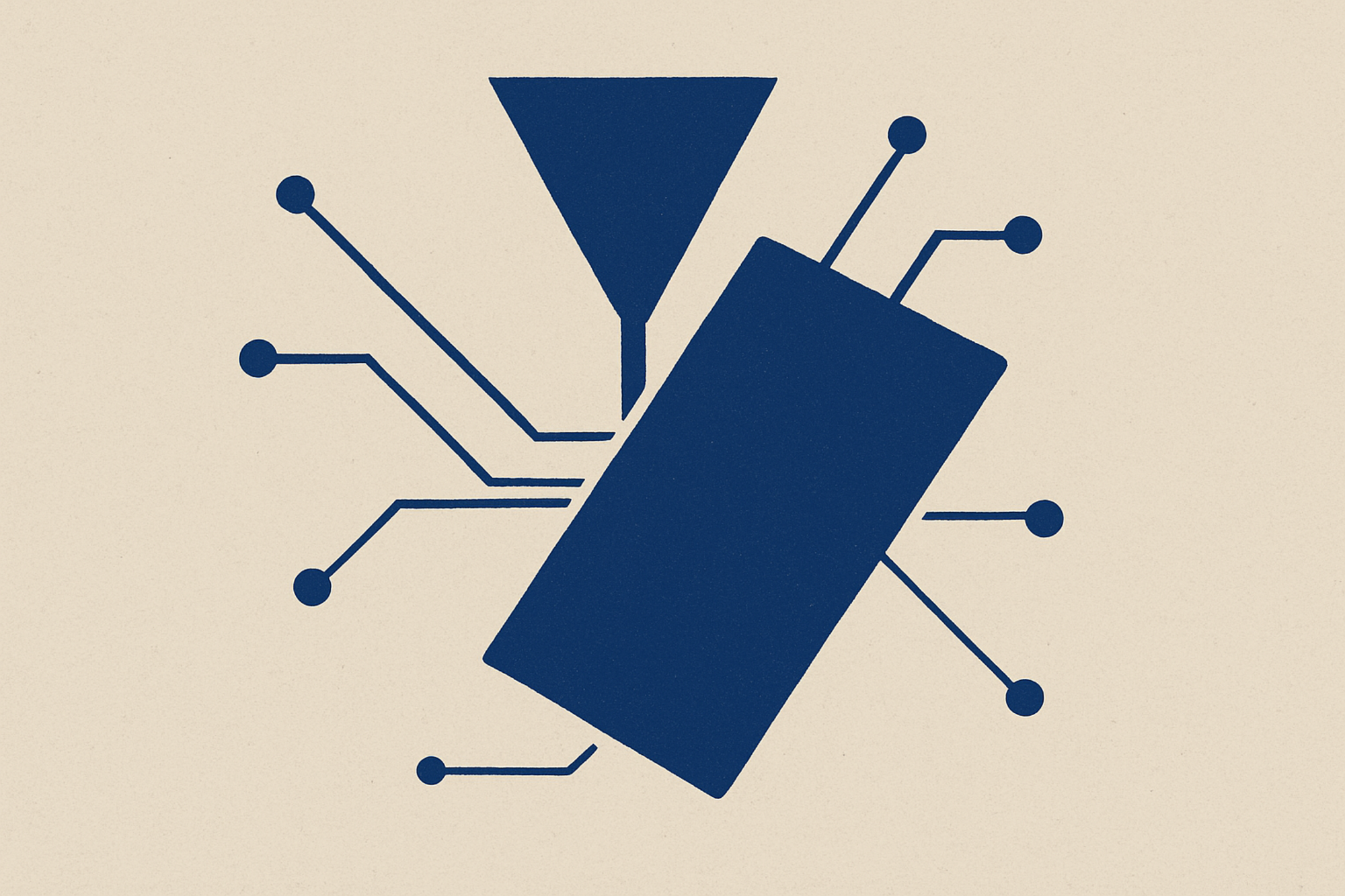Signals, Shadows, and Spreadsheets: Progress and Power in This Week's Tech Headlines

Trying to summarize tech news this week feels a bit like riding in one of those self-driving cars—there’s a nagging sense you should probably be watching the road, even if someone else is supposedly at the wheel. From looming threats to digital transparency, and satellites making smartphones a little more sci-fi, let's explore the mosaic of trends shaping tech news in November 2025.
Privatizing the Skies: Apple’s Satellite Leap
Apple’s rumored push into integrating satellite features into iPhones marks yet another step toward all-encompassing digital reach. Beyond emergency SOS and sporadic texting, Apple aims to let users send photos, leverage offline navigation, and, critically, open satellite APIs for third-party apps—all without needing a pristine sky view. This is more than feature creep; it’s the normalization of space as just another piece of the global network, not a final frontier.
Of course, such visions come with a familiar caveat: the basics will be free, but advanced satellite access means more tithes paid to your carrier. The infrastructure expansion, funded in part by Apple, will rely on Globalstar, aiming to blend satellites into terrestrial 5G coverage. Call it a soft launch for the next phase of always-connected consumer tech.
EV Math: Disrupting the Pump
The debate over EV charging costs versus gas provides a reminder that revolutions come on the backs of spreadsheets, not just slogans. While some new electric vehicle owners giddily post savings figures, others cough at the real-life expense of pricey public chargers (and home installations). Still, the numbers aren’t especially ambiguous: on average, US EV drivers are spending less to keep their wheels spinning compared to their internal combustion counterparts, even after factoring in California’s notorious electricity prices and the unpredictable pains of public charging.
The bottom line from the gas-vs-charge arithmetic is that home charging rules in affordability, and public fast-charging remains a wallet-buster. Notably, local incentives and clever time-of-use electricity plans create islands of sanity—a future that rewards proactive engagement over passive consumption, if you can afford the entry ticket.
DEI Dead Ends: Big Tech Ducks Transparency
On the corporate front, Google, Microsoft, and Meta retreating from DEI transparency is both a policy shift and a marker of a broader cultural backslide. Once openly touting their efforts (however anemic) to recruit a workforce reflecting the communities they serve, these companies now opt out of publishing annual diversity data, citing everything from “evolved formats” to radio silence.
The timing—amid federal crackdowns on affirmative action and corporate diversity priorities—suggests that these moves are less about philosophical growth and more about avoiding conflict (or legal trouble) with the current administration. The remaining transparency from Amazon, Nvidia, and Apple underscores an industry now divided on the ethics of visibility itself. This disappearing act has real consequences: less data, less accountability, and, inevitably, fewer tools for workers to challenge systemic bias.
Shutdowns and Vulnerabilities: The Quiet Cost of Gridlock
Government shutdowns aren’t just a political inconvenience; they’re a cybersecurity nightmare waiting to unfold. The halted paychecks and stalled services are only the surface symptoms—what lurks beneath is a patchwork of missed updates, deferred maintenance, and understaffed security teams. As critical services limp along on autopilot (often in the cloud), every unchecked system becomes another vector for exploitation. As always, the insidious cost will accrue quietly over months and years, not just in news cycle jolts.
The episode also underscores the basic imbalance facing digital infrastructure: automation and cloud-based redundancy are great, but humans still hold the patch cables and keep the gears greased. This is a stress test authoritarian or laissez-faire cheerleaders conveniently ignore—robust social goods don’t materialize from wishful thinking or privatized 'efficiency.'
Transport’s Power Play: Musk as Archetype
Elon Musk’s massive new pay package, greenlit by Tesla shareholders and detailed in TechCrunch Mobility, is emblematic of the hero worship (or villain monologuing) that shapes tech industry power dynamics. The shareholder acquiescence to Musk’s threats—leave, or I’ll take my (robot) army elsewhere—illustrates how much modern innovation hinges on cults of personality and the myth of irreplaceability.
With milestones mapped to not just new cars but actual robotaxis and autonomous robots, the line between hardware business and sci-fi speculation grows thinner. That the future of transportation may depend on whether a single executive is flattered enough to stick around should worry anyone still mistaking tech for a laboratory of enlightened progress.
Protecting Privacy: VPNs Keep Evolving
Meanwhile, over in the privacy trenches, the relentless churn of VPN options for Windows keeps pace with a digital landscape primed for snooping and throttling. The current menu of choices is sleek and optimized for streaming, gaming, and bypassing regional censorship—but the creep of subscription stacking and proprietary protocols is a reminder that the walls around digital privacy are both necessary and, uncomfortably, commoditized.
For the average user, the arms race between surveillance and concealment is now productized and scored, complete with benchmarks more akin to new cars than political rights. The VPN battle is a microcosm of a larger truth in tech: the tools may get better, but the underlying power dynamics remain contested, not resolved.
References
- Apple reportedly plans ambitious satellite-powered iPhone features | TechCrunch
- EV Charging vs. Gas: We Asked the Experts and Did the Math to Find Out Which Is Cheaper - CNET
- Google, Microsoft, and Meta Have Stopped Publishing Workforce Diversity Data | WIRED
- The Government Shutdown Is a Ticking Cybersecurity Time Bomb | WIRED
- TechCrunch Mobility: Elon Musk's threats worked | TechCrunch
- Best VPN for Windows PCs 2025: Browse the Web, Torrent, Stream and Game Privately - CNET
- Apple is reportedly working on more satellite features for iPhone | Engadget
